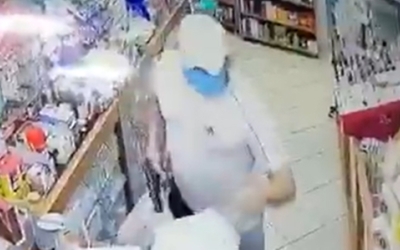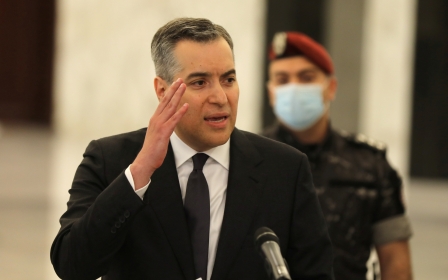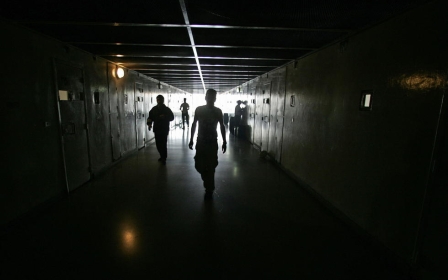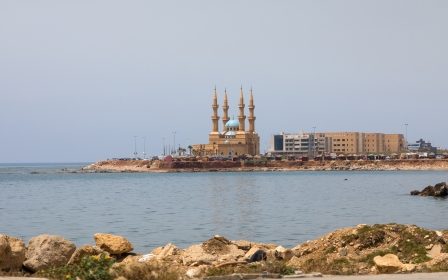Maronite Christian patriarch takes swipe at Lebanon's Shia leaders over cabinet delay
The head of the largest Christian community in Lebanon hit out at the leaders of the country's Shia Muslim community on Sunday, over what he said was the "political paralysis" caused by their demands in forming a new government.
Patriarch Bechara Boutros Al-Rai, leader of the Maronite church, did not mention Shia Muslims directly but asked how one sect can demand "a certain ministry". Shia politicians have said they must name the finance minister.
Sunday's sermon added to tensions in a nation facing its worst crisis since the civil war ended in 1990. Power in Lebanon is traditionally shared between different Muslim and Christian sects.
France had been pushing Lebanon to form a new cabinet quickly. But a deadline of 15 September, which politicians told Paris they would meet, had been missed amid a row over appointments, notably the finance minister, a post that had been Shia controlled for years.
Shia politicians said they must choose some posts because rivals were trying to use "foreign leverage" to push them aside.
"In what capacity does a sect demand a certain ministry as if it is its own, and obstruct the formation of the government, until it achieves its goals, and so causes political paralysis?" the patriarch said
He said the Taif agreement, a pact that ended the 1975-1990 civil war, did not hand specific ministries to specific sects.
Prime Minister-designate Mustapha Adib, a Sunni Muslim, wants to appoint specialists and shake up the leadership of ministries.
The main Shia groups - the Amal Movement and the heavily armed, Iran-backed Hezbollah - want to select the figures to fill several posts, including the finance minister, a vital position as Lebanon navigated through its economic crisis.
A French roadmap for Lebanon included the swift resumption of talks with the International Monetary Fund, a first step to helping deal with a mountain of debt and fix Lebanon's broken banking sector. But it first needed a government.
A massive blast caused by ammonium nitrate exploding in Beirut's dock in August, leaving much of the capital devastated, had also been a key factor in the ongoing political crisis.
Middle East Eye propose une couverture et une analyse indépendantes et incomparables du Moyen-Orient, de l’Afrique du Nord et d’autres régions du monde. Pour en savoir plus sur la reprise de ce contenu et les frais qui s’appliquent, veuillez remplir ce formulaire [en anglais]. Pour en savoir plus sur MEE, cliquez ici [en anglais].





